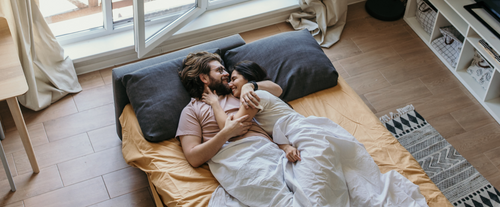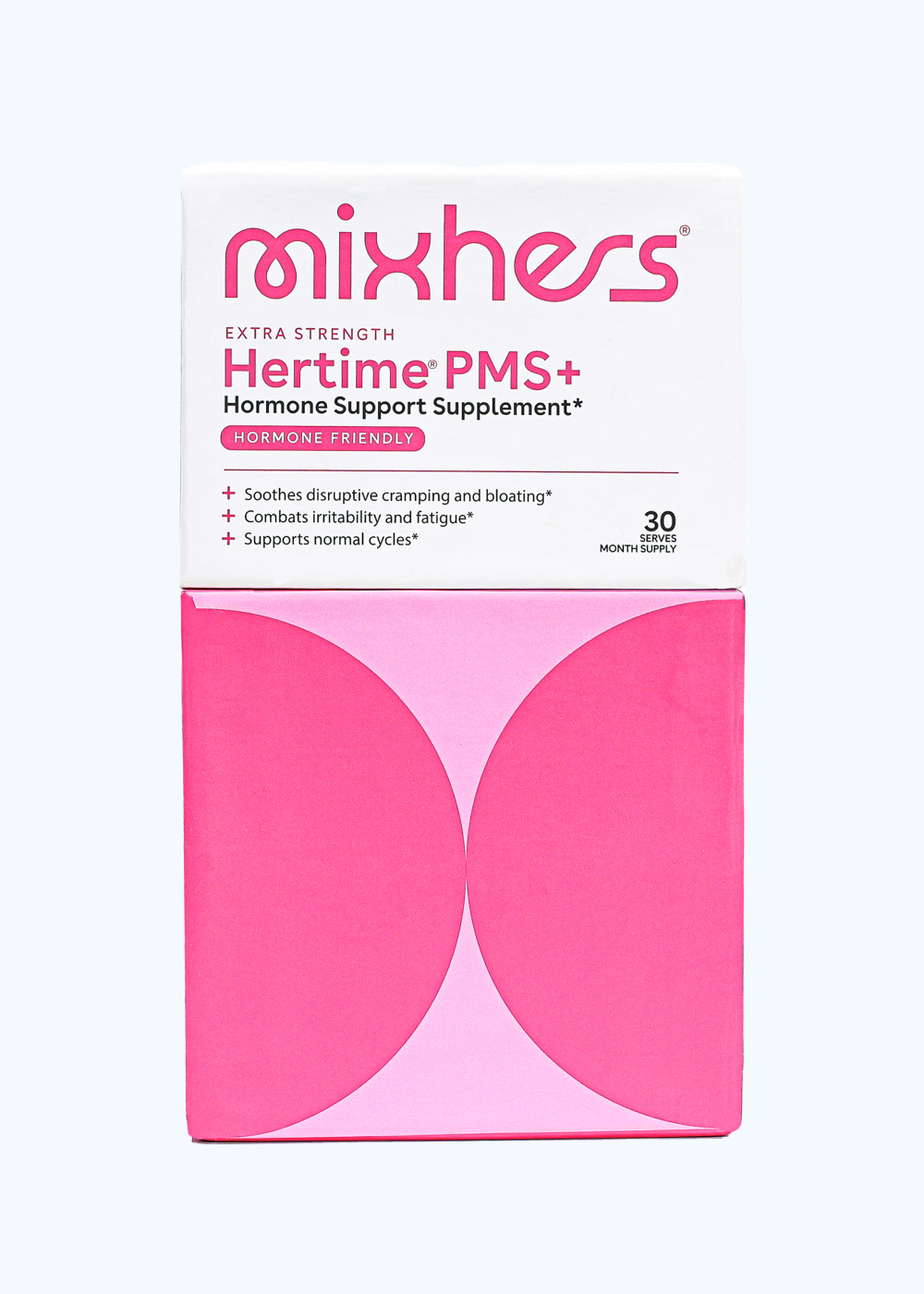For many of us, our ideas about a "normal" sex drive are heavily shaped by pop culture, social media, and personal assumptions. However, these perceptions often lack a basis in reality and can set unrealistic expectations for our sex lives.
What may seem "normal" for celebrities or reality TV stars often feels unrelatable for women juggling busy schedules and long to-do lists. These comparisons can lead to feelings of inadequacy, even though they don't reflect what's truly achievable or healthy.
Sex drive, or libido, is the desire to engage in sexual intimacy. A high sex drive indicates increased sexual arousal and interest, while a low sex drive signals reduced desire. Some women experience consistently high libido, while others may struggle with lower libido throughout their lives. Factors such as hormonal fluctuations, sexual fantasies, and overall well-being play a significant role in shaping each woman's unique sex drive.












